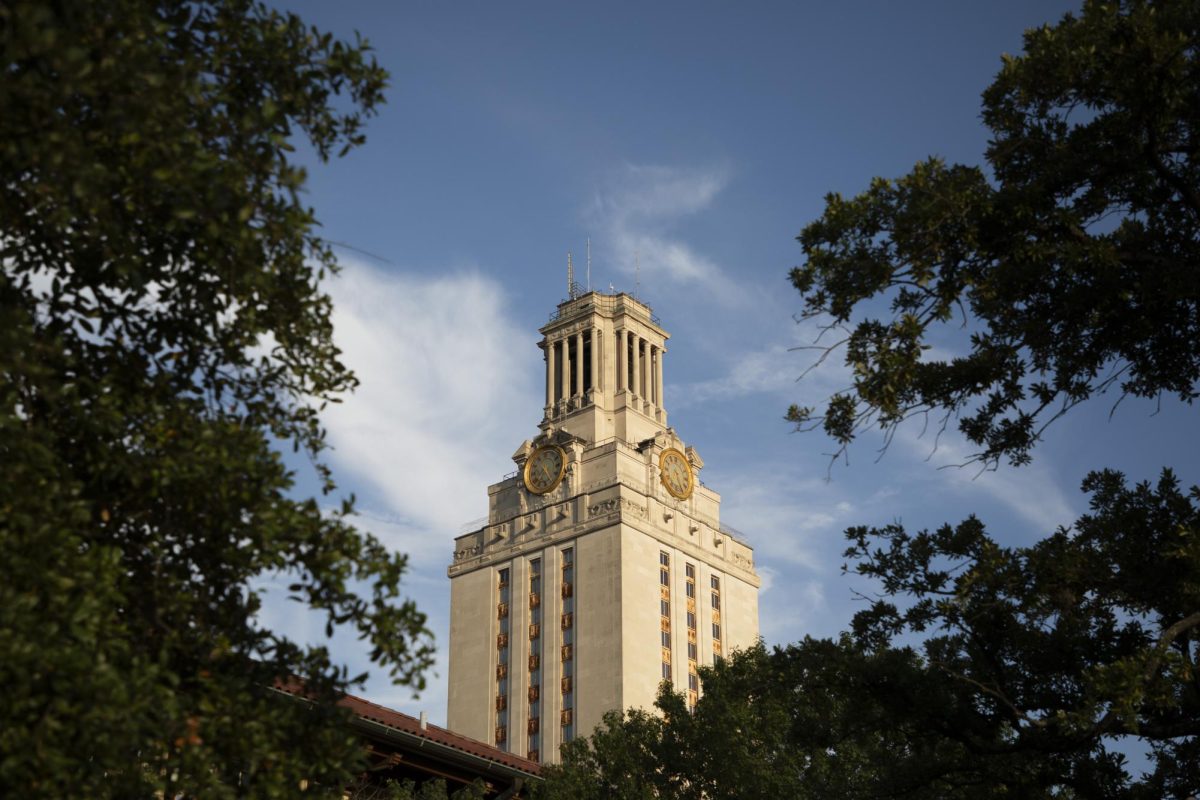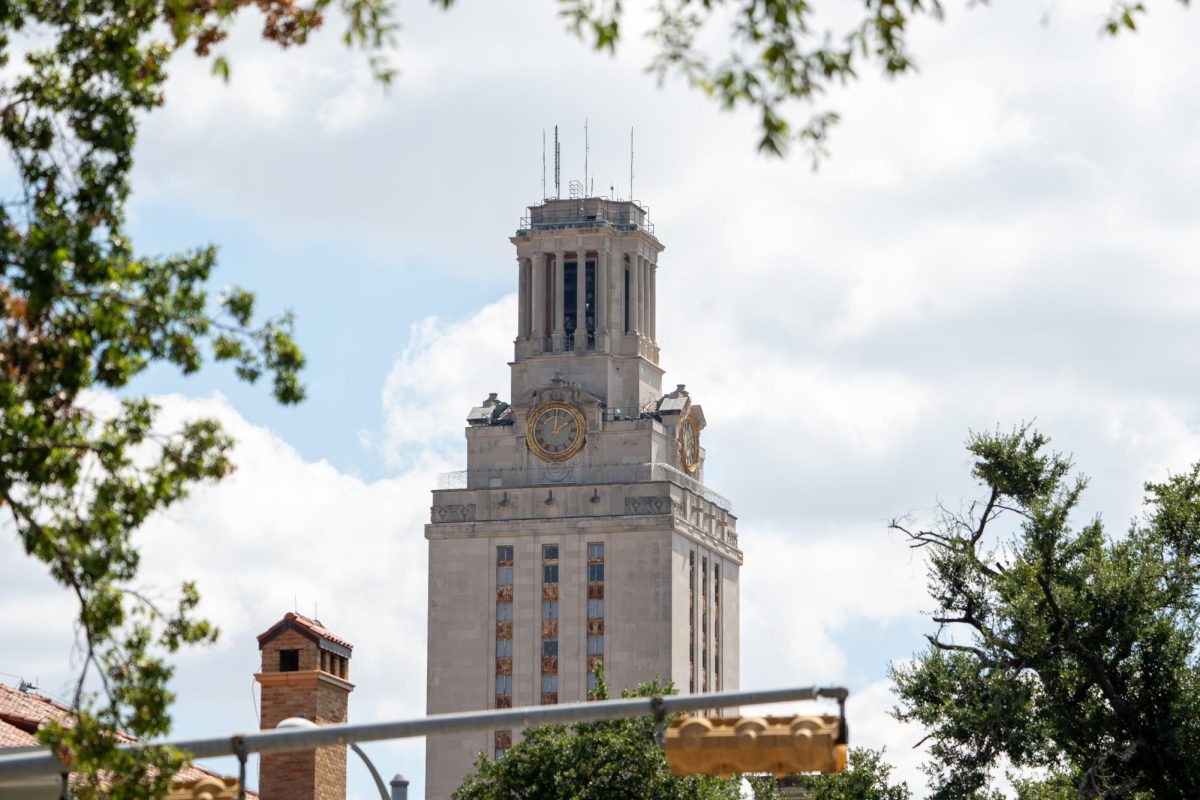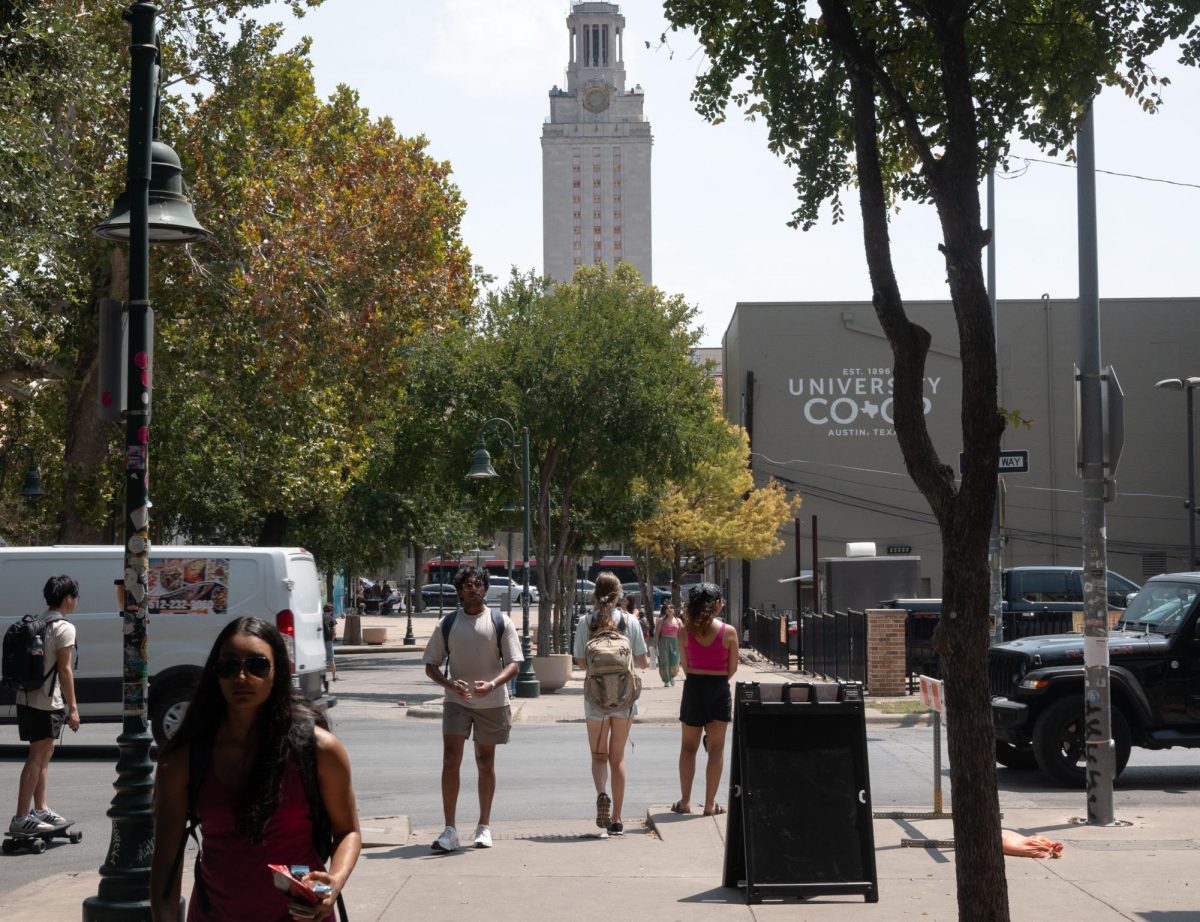Editor’s note: This story is part of The Daily Texan’s coverage of how coronavirus concerns are affecting UT-Austin. Read the rest of our coverage here.
Update, 3:30 p.m.: UT-Austin received a total of $31 million in federal stimulus aid, with a minimum of $15,731,161 going toward emergency financial aid.
The $2 trillion Coronavirus Aid, Relief, and Economic Security Act, passed March 27, created a $13.95 billion Higher Education Emergency Relief Fund. The Department of Education released the amounts going to individual institutions on Thursday. The allocations were calculated based on the number of Pell Grant recipients, full-time students and non-Pell students.
UT System institutions received a cumulative $173,166,080. UT System spokesperson Karen Adler said in an email that the institutions already know how they will use what the Department of Education allocated based on discussions between the chancellor and the presidents.
“The academic institutions will allocate at least 50% of the stimulus funds to student needs such as food, housing, course materials, technology, health care and childcare,” Adler said. “The other 50% will be used by each institution to cover costs associated with significant changes to instruction.”
The bill also deregulated the money available for student financial aid. Universities are now allowed to transfer funds from the Federal Work Study program to an emergency grant and distribute additional work-study funds to students who are not able to work on campus. The act also halted student loan payments for six months and paused interest accrual on those loans.
Terry Hartle is the vice president of the American Council on Education, a Washington-based membership organization that advocates for higher education in national public policy. UT has been a member of the council for 41 years, according to the council’s membership list. He said universities on the council are facing severe financial strain because of the closures.
“Room and board refunds alone will be $7.5 billion nation-wide,” Hartle said. “Best case scenario: The federal funds to institutions may offset the costs of the room and board refunds, but it doesn’t do anything for the other revenue losses.”
Hartle said the formula being used to distribute the funds has never been used before and it is uncertain when it will be completed.
“The longer it takes for the Department of Education to do that, the longer it will take before institutions can make emergency grants to students,” Hartle said. “For most colleges and universities, the only revenue that will be coming in between now and at least the middle of summer will be from the federal government.”
Peter McPherson, president of the Association of Public and Land-grant Universities, said that while he is grateful for the aid, the amount is not enough to cover the expenses of maintaining university operations and does not give universities tax credits.
“We will need their continued help,” McPherson said. “While the bill is vastly improved over the first version, the financial emergency facing colleges and universities demands so much more to stabilize institutions, support students, employees and scientific research.”
Hartle said the majority of a university’s revenue goes toward human resource costs. He said if the revenue loss goes on for an extended period of time, universities might have to lay off their faculty and staff. He said he has already seen some universities declaring a financial emergency, including Central Washington University, Notre Dame de Namur University and The Art Institute of San Francisco.
“It is a day-to-day challenge that campuses are facing,” Hartle said. “We have to be focused on the here and the now. That it is very hard to predict where we are going to be in 60 or 90 days. An economic and social crisis of this magnitude tends to obliterate the future.”
This story has been updated to reflect the amount of federal aid allocated to UT-Austin and the UT System.





















